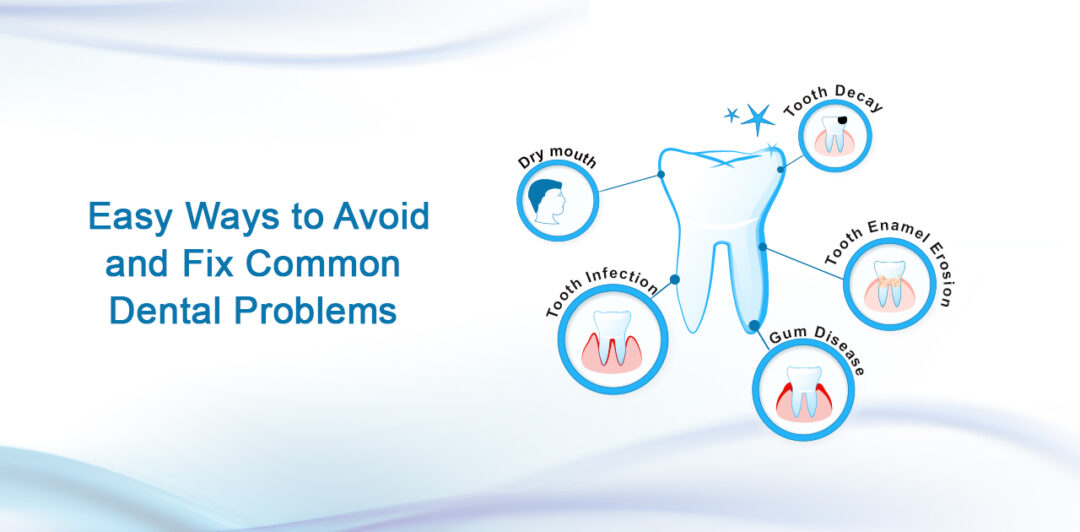Oral health is a crucial aspect of maintaining overall well-being. Good oral hygiene practices, such as brushing and flossing, can help prevent dental issues. However, even with proper dental care, dental problems can still occur. Unfortunately, many people tend to ignore dental problems until they become severe. Ignoring dental issues can lead to severe complications, including tooth loss and gum disease. Therefore, it’s crucial to be aware of the signs of oral health problems and when to seek professional help. In this article, we’ll discuss the common signs of dental problems that you should never ignore. We’ll also provide you with essential tips on how to maintain good oral health and prevent dental problems.
Importance of Oral Health | Dental Problems
Prevention of dental problems: Good oral hygiene practices such as brushing twice a day, flossing, and regular dental checkups can help prevent dental problems such as cavities, gum disease, and tooth loss.
Maintaining overall health: Poor oral health has been linked to several health problems such as heart disease, stroke, and diabetes. Maintaining good oral health can help reduce the risk of these and other health problems.
Better digestion: Teeth play a critical role in chewing food, which is the first step in the digestive process. Good oral health helps ensure that food is properly chewed and broken down, which can improve digestion and nutrient absorption.

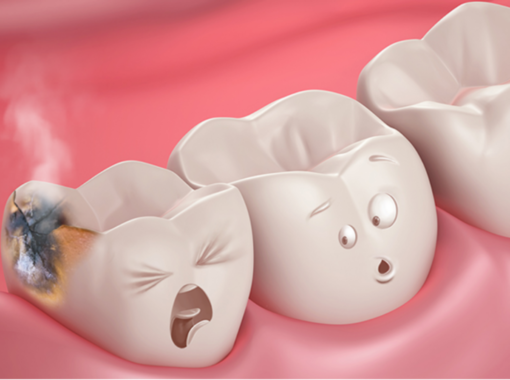
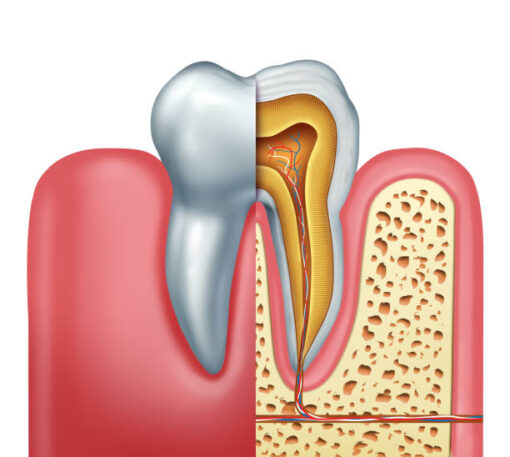
Improved self-esteem: Having healthy teeth and gums can boost self-esteem and confidence, making it easier to smile and communicate with others.
Cost savings: Preventive dental care, such as regular checkups and cleanings, can help detect and treat dental problems early, potentially saving money on more extensive and expensive treatments down the line.
Common Signs of Dental Problems
Toothache
Toothache is one of the most common dental problems. It can be caused by a range of issues, including tooth decay, gum disease, and tooth trauma. If you experience toothache, it’s essential to seek dental care promptly. Ignoring toothache can lead to severe complications, including tooth loss, abscesses, and infections.
Bad Breath
Bad breath is a common problem that can be caused by several factors, including poor oral hygiene, gum disease, and certain medical conditions. If you experience bad breath, it’s essential to seek dental care promptly. Ignoring bad breath can lead to severe gum disease, which can cause tooth loss and other complications.
Bleeding Gums
Bleeding gums are another common sign of dental problems. It can be caused by several factors, including gum disease, poor oral hygiene, and certain medications. If you experience bleeding gums, it’s crucial to seek professional help promptly. Ignoring bleeding gums can lead to severe gum disease, which can cause tooth loss and other complications.
Sensitive Teeth
Sensitive teeth can be caused by several factors, including tooth decay, gum disease, and teeth grinding. If you experience sensitivity when eating or drinking hot or cold substances, it’s essential to seek dental care promptly. Ignoring sensitive teeth can lead to severe complications, including tooth loss.
Jaw Pain
Jaw pain can be caused by several factors, including temporomandibular joint (TMJ) disorder, tooth decay, and gum disease. If you experience jaw pain, it’s essential to seek dental care promptly. Ignoring jaw pain can lead to severe complications, including tooth loss and other complications.
How to maintain Oral Health to avoid Dental problems?
Brushing and Flossing Techniques
Brushing and flossing are the foundation of good oral hygiene. It’s essential to brush your teeth at least twice a day and floss at least once a day. When brushing, use a soft-bristled brush and fluoride toothpaste. Use gentle circular motions to clean your teeth and gums thoroughly. When flossing, use a gentle back-and-forth motion to clean between your teeth and gums.
Healthy Diet for Good Oral Health
Eating a healthy diet is essential for maintaining good oral health. Avoid sugary and acidic foods and drinks, as they can cause tooth decay and erosion. Instead, opt for a balanced diet that includes plenty of fruits, vegetables, whole grains, and lean protein.
Regular Dental Check-Ups
Regular dental check-ups are essential for maintaining good oral health. During a dental check-up, your dentist will examine your teeth and gums, clean your teeth, and check for any signs of dental problems. It’s recommended to have a dental check-up every six months or as recommended by your dentist.
When to seek Professional help | Dental Problems
It is important to seek professional help when you are experiencing health problems that you cannot manage on your own. When it comes to oral health, there are several signs and symptoms that indicate you should seek professional help from a dentist or dental hygienist. Here are a few situations when you should seek professional help for your oral health:

Tooth pain or sensitivity: If you are experiencing tooth pain or sensitivity, it may be a sign of a cavity or other dental problem that requires treatment from a dentist.
Bleeding or swollen gums: Bleeding or swollen gums may be a sign of gum disease, which can lead to tooth loss if left untreated. A dental hygienist or dentist can help diagnose and treat gum disease.
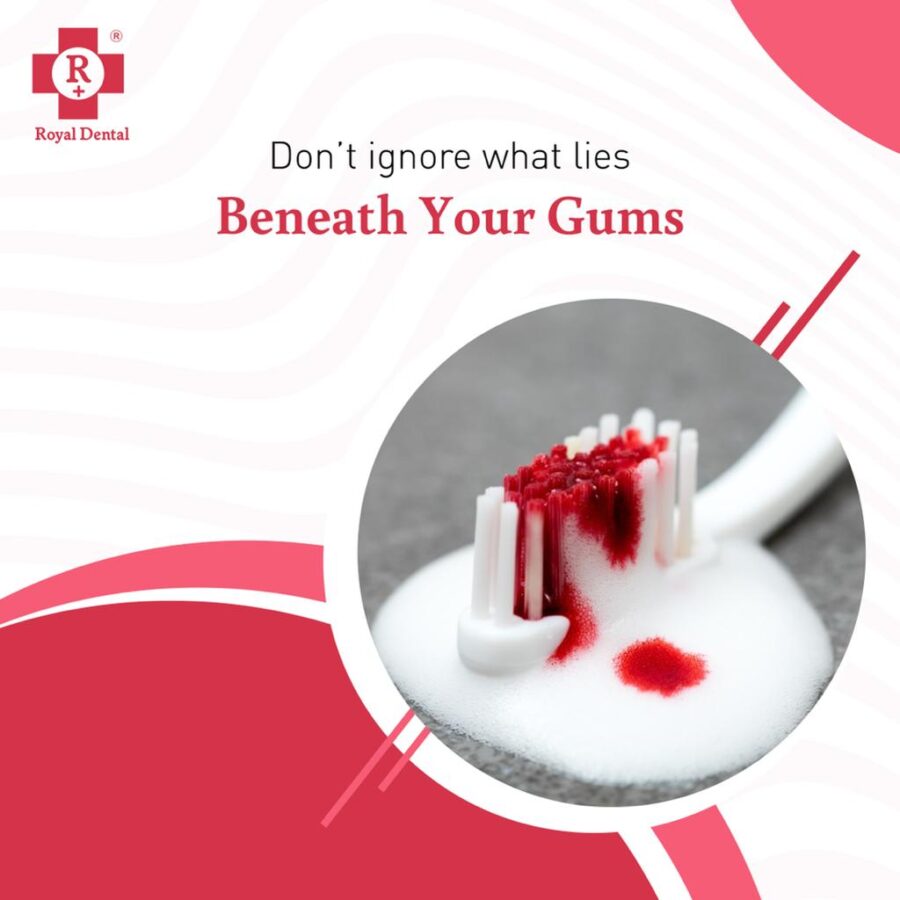
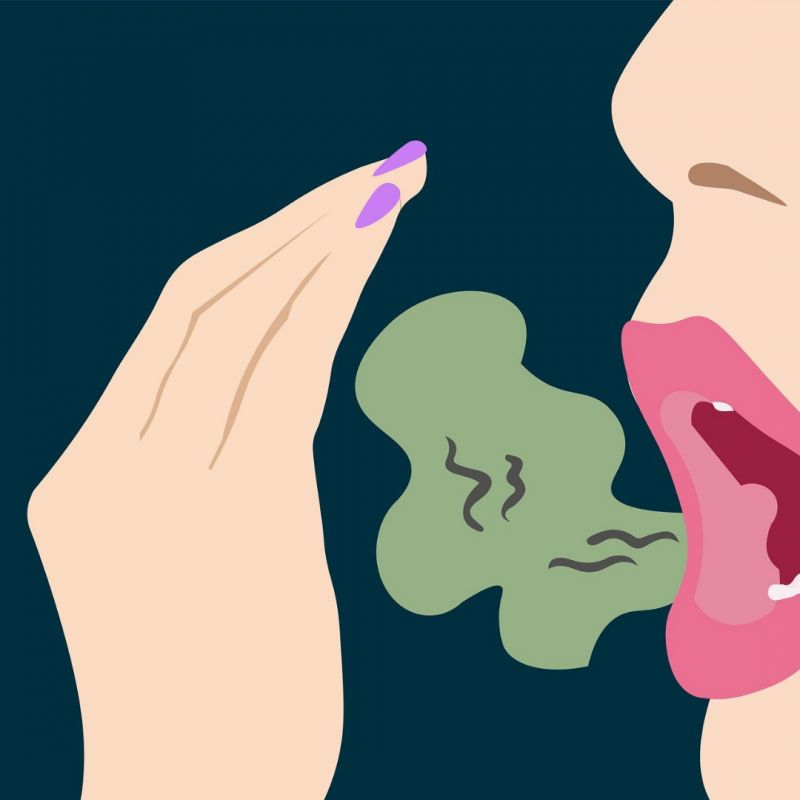
Bad breath: Persistent bad breath may be a sign of gum disease, a cavity, or other oral health problems that require professional treatment.
Loose teeth: If you have loose teeth, it may be a sign of advanced gum disease or other dental problems that require immediate attention from a dentist.
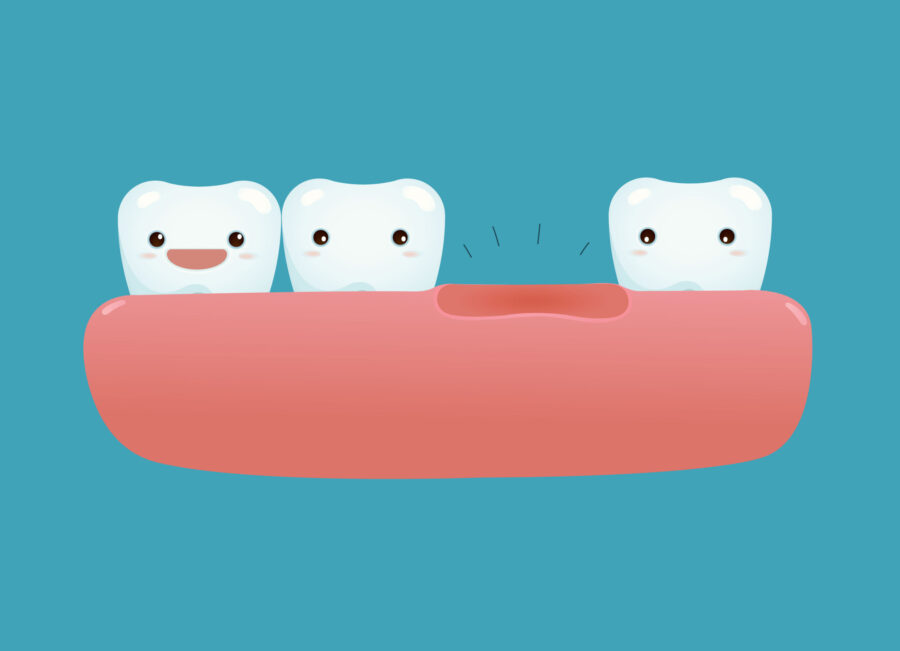
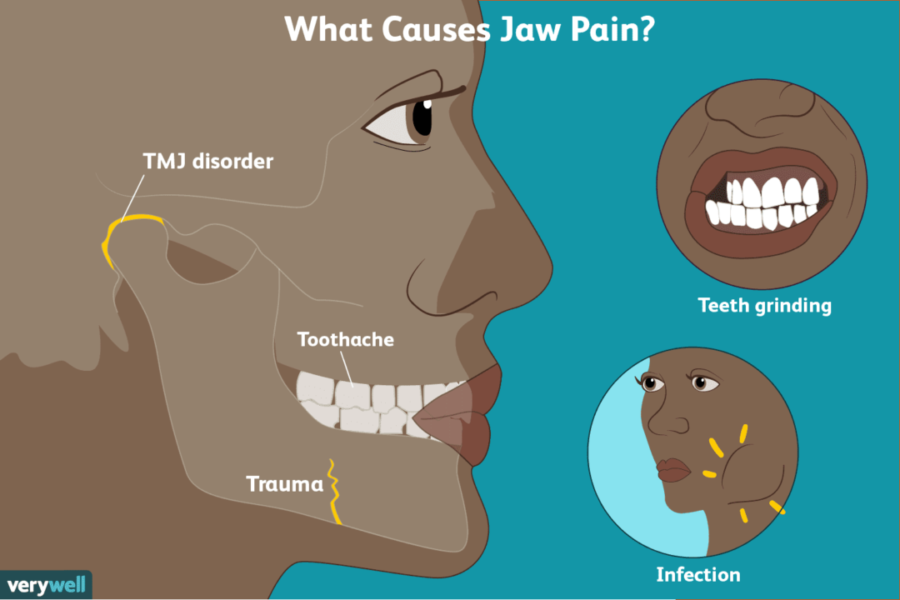
Jaw pain: If you are experiencing jaw pain or clicking when you open and close your mouth, it may be a sign of a temporomandibular joint (TMJ) disorder, which can be treated by a dentist or oral surgeon.
Conclusion
Ignoring dental problems can lead to severe complications, including tooth loss and gum disease. Therefore, it’s crucial to be aware of the signs of dental problems and when to seek professional help. Maintaining good oral health practices, such as brushing and flossing and regular dental check-ups, is essential for preventing dental problems. By following the tips provided in this article, you can keep your teeth and gums healthy for a lifetime. Remember, prompt dental care can help prevent severe complications and keep your smile bright and healthy.

